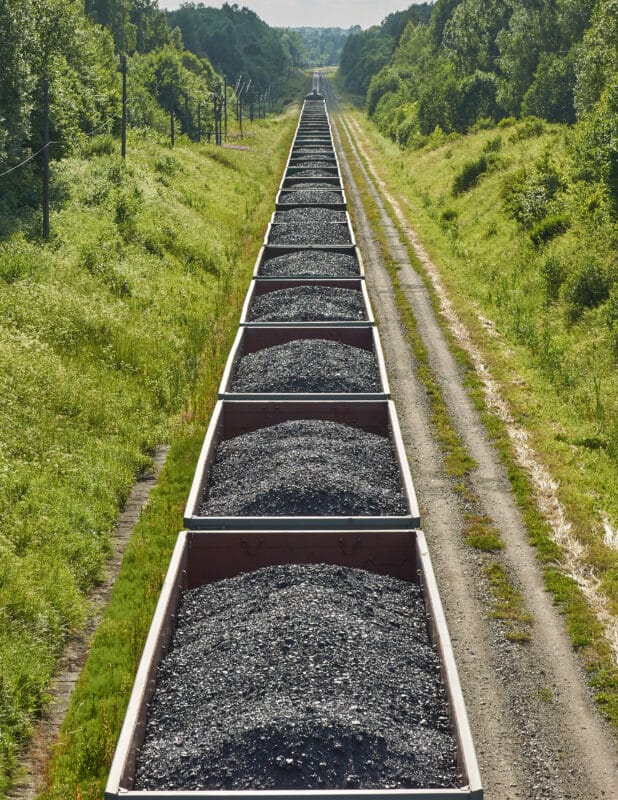THE CHALLENGE
Communities are facing economic distress from the decline of coal
We can’t leave behind the places that have powered the country if we hope to create a more sustainable and equitable future for us all.

Economic Headwinds of the Energy Transition
In communities across the country, coal mines and power plants are shutting down for good. This profound shift is creating economic upheaval in places where there is often a lack of good-paying jobs in sectors not tied to fossil fuels.
The pace of the energy transition and other economic changes have left these communities with little time to plan for the disappearance of major employers and the tax base that supports public services, schools, and health care systems.
These challenges are layered on top of preexisting problems. Rural communities recovered more slowly from the Great Recession, and the COVID-19 pandemic has taken an enormous toll on industries, including energy, that are enmeshed in global markets.
Poor access to broadband—a persistent inequity in rural America and tribal areas—has put transitioning energy communities at a further disadvantage by restricting opportunities of work, education, health care, and civic engagement.
The Economic Cost
The challenges facing transitioning energy communities cannot be fully measured in job and tax figures. The hardship is concentrated in communities already facing long periods of economic decline, public health challenges including opioid and black lung epidemics, and environmental degradation and pollution.
Direct Job Losses
The number of jobs in the U.S. coal industry was cut in half over the past decade. Less than 40,000 people work in the industry today, compared to nearly 92,000 at the end of 2011. The downward trend also applies to employment at coal-fired power plants as more facilities are retired.
Indirect Job Losses
There is no clear answer to the question of how many jobs and livelihoods depend on coal. But closures have a ripple effect, impacting adjacent sectors and extending to small businesses like local restaurants and retail stores. As a result, economic activity in many communities has contracted broadly, leading many—especially young people—to move away.
Erosion of the Tax Base
Revenues from fossil fuels are estimated to contribute approximately $138 billion to local, state, and federal governments annually. When coal facilities shutter, localities and states have to find a way to replace that revenue or cut spending on social services and public institutions.
A Complex Problem
Economic diversification in areas that have depended on coal requires many stakeholders, from local residents to the federal government. The quickening pace of the energy transition, the need to plan for and respond to coal closures at the local level, and the hurdles that make obtaining public investment difficult for rural communities add to the complexity of the problem.
Addressing these challenges requires a diversified approach, coordination among a range of transition actors, and investment spanning sectors that hold potential for long-term economic prosperity. Fortunately, this means our present opportunity is broadly distributed and encompasses priorities from clean energy, land reclamation and reforestation, sustainable agriculture, and other climate solutions to workforce and technological needs like broadband access and affordability.


Our Role
Serving as a grantmaker, convener, and catalyst, the Just Transition Fund is determined to create pathways to prosperity for coal workers and transitioning energy communities. Our funding opportunities through grants and technical help build the capacity and effectiveness of community-based organizations and accelerate their ability to respond. By creating an on-ramp for foundations, we engender much-needed philanthropic engagement and enable donors to invest directly in local innovators and community advocates.
How We Work
Our approach to grow, connect, and sustain the just transition movement.
